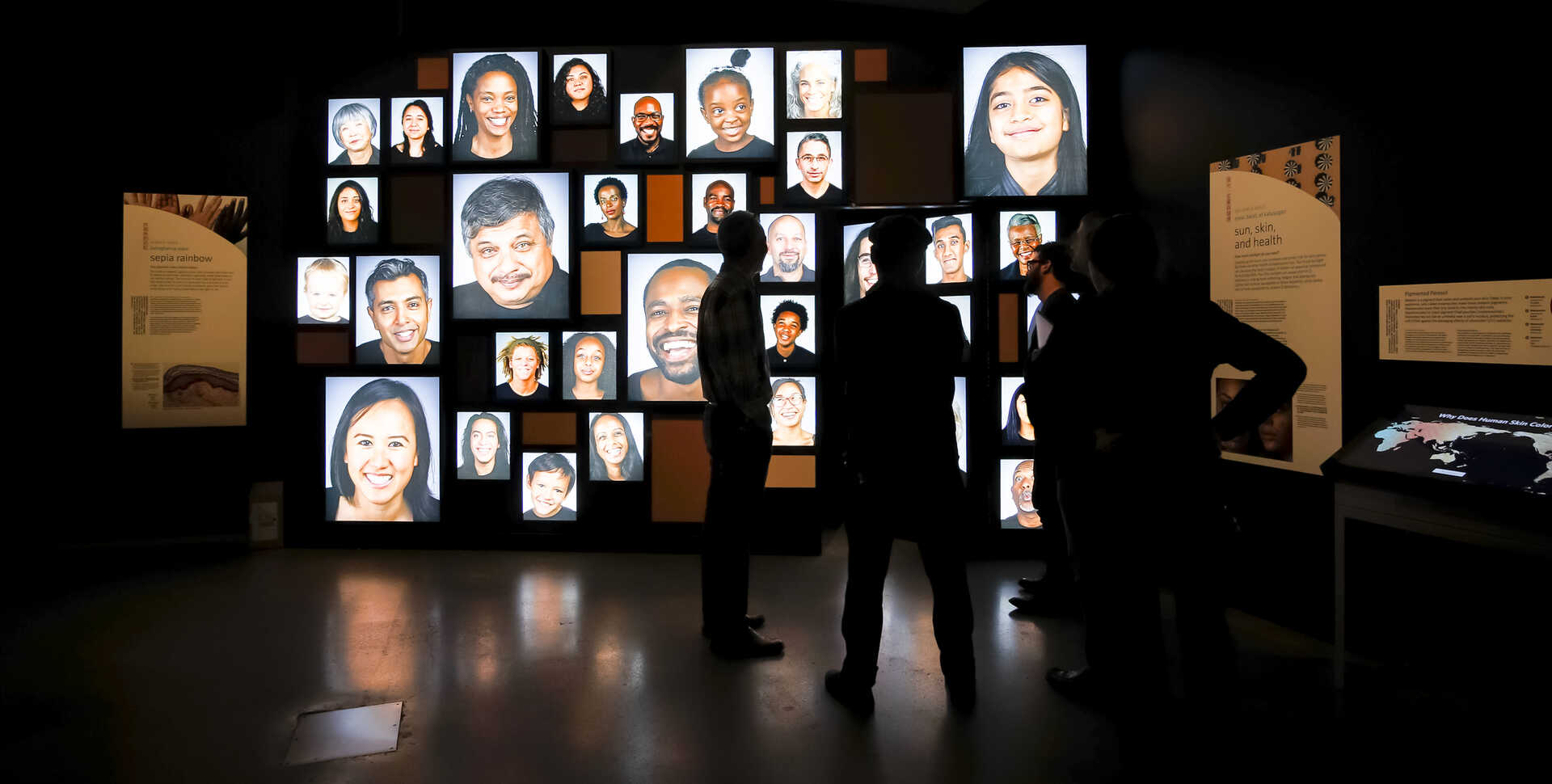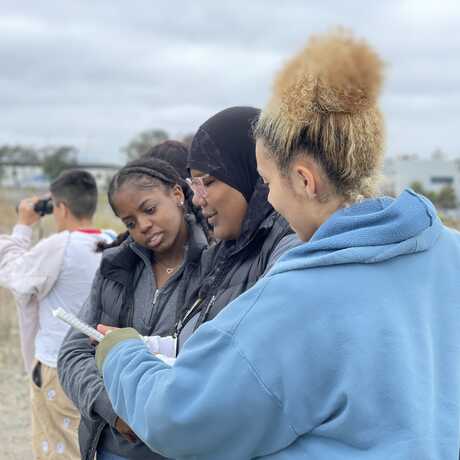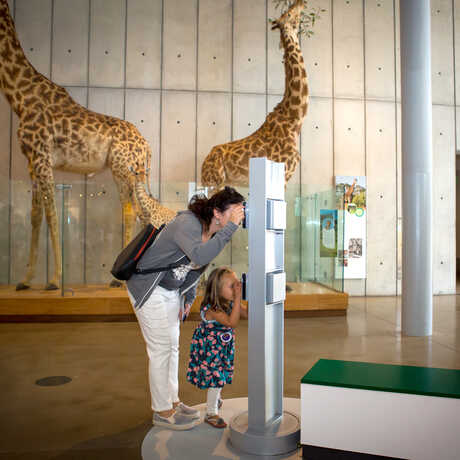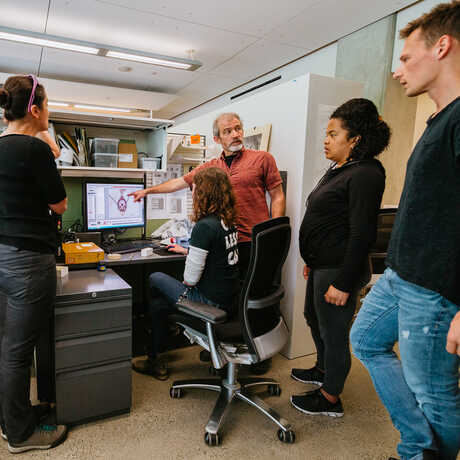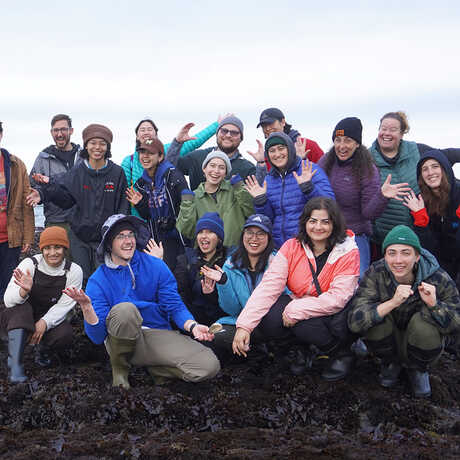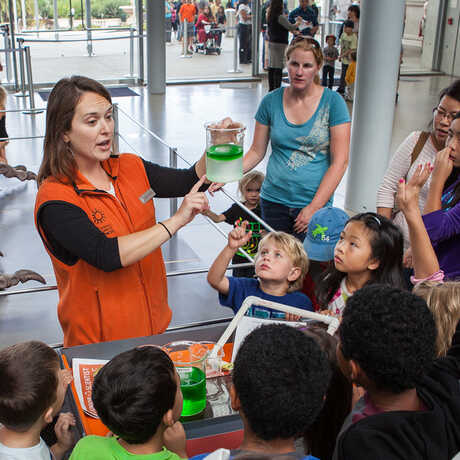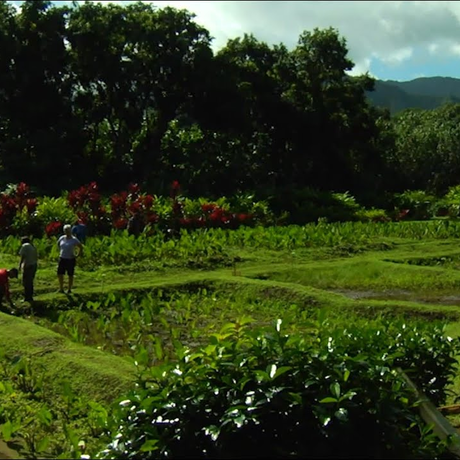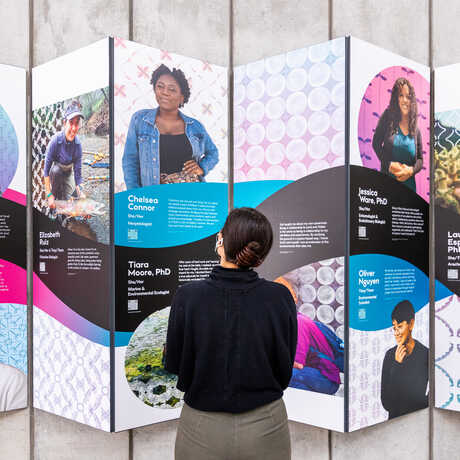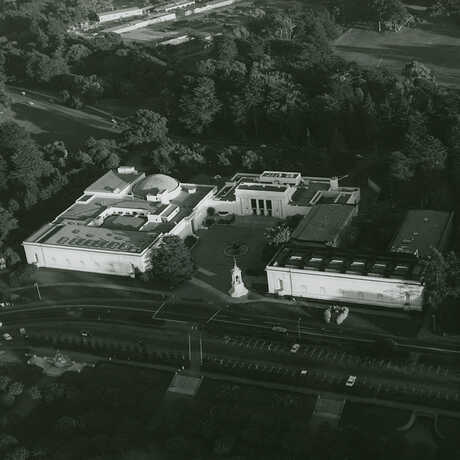Thank you for your interest in DEIA at the Academy. Please feel free to share your thoughts or connect with us on social media via the links below.
Diversity, equity, inclusion, and access (DEIA) are more than just Academy core values—they're requirements for protecting and regenerating our planet. By ensuring that all people, especially Black, Indigenous, Mixed-race People of Color (BIMPOC), LGBTQ+, women, and people with disabilities, feel safe and welcome as staff, guests, and partners, we nurture the new ideas and fresh perspectives that will help us fight climate change, stop biodiversity loss, and inspire current and future scientists, activists, and educators.
